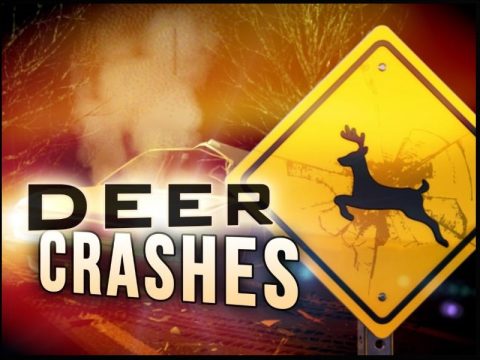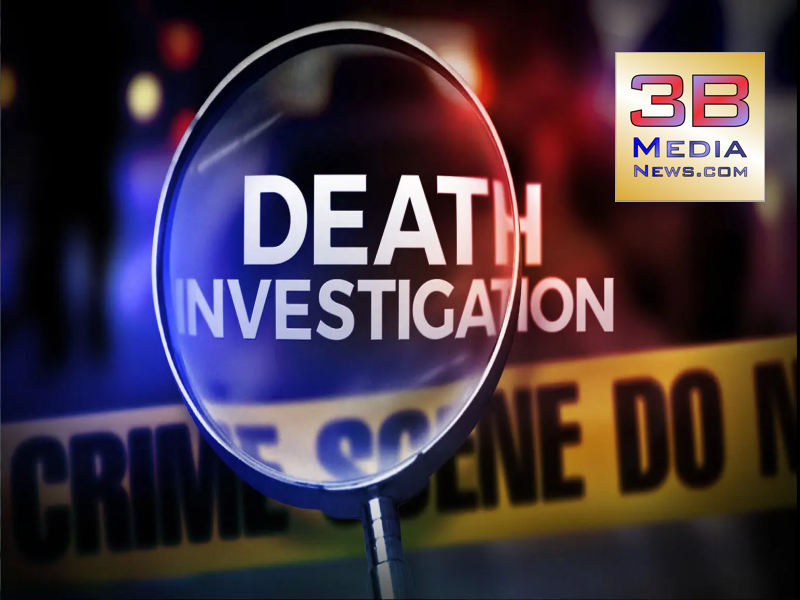FIVE VEHICLE VERSUS DEER ACCIDENTS REPORTED IN 14 HOURS IN CUMBERLAND COUNTY
Cumberland County deputies responded last Friday to five vehicles versus deer accidents within 14 hours.
The crashes took place on Dallas Smith Road, POW Camp Road, Browntown Road, and the 100th and 2900th block of Brewer Road.
The accident reports did not indicate any injuries.
Vehicle insurance claims for collisions with deer rise significantly in the fall when deer are mating, with November having the highest claim frequency.
Officials offer the following tips to try to avoid hitting a deer:
- Slow down. Watch for deer, especially between the hours of 6 p.m. and 9 p.m., when they’re most active.
- Be aware. Look out for deer-crossing signs and wooded areas where animals are likely to travel. If you travel the same route to and from work every day, you may find deer consistently grazing in the same fields. Make a mental note of when and where you regularly see the animals.
- Be alert. If you see an animal on the side of the road, slow down. At night when traffic permits, put on your high beams for improved visibility.
- Brake, don’t swerve. Swerving to avoid an animal can put you at risk of hitting another vehicle or losing control of your car. It can also confuse the animal as to which way to go. Instead, just slow down as quickly and safely as you can. Your odds of surviving an accident are better when hitting an animal than when hitting another car.
- Assume they have friends. “Where there’s one, there are usually more” often holds. Deer travel in groups, so if you see one run across the road, expect others to follow.
- Don’t rely on deer whistles. These are aftermarket devices that some drivers put on their front bumpers to scare off animals. But animal behavior remains unpredictable, even if you use one of these. State Farm advises, “No scientific evidence supports that car-mounted deer whistles work.”
- Buckle up. A seat belt is your best defense for minimizing your risk in a crash. An IIHS study found that most of the people killed in animal-vehicle collisions weren’t wearing their seat belts. Motorcycle riders account for more than half the fatalities, and among that group, nearly half the riders who died were not wearing helmets.
If you hit an animal, move your car safely off the road and call the police or animal control. Don’t attempt to touch an injured animal. Photograph the scene, then call your insurance company when you get home.





